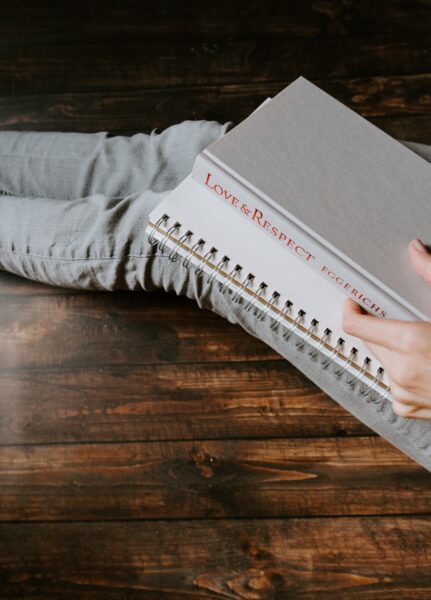the proper care and feeding of a healthy relationship
i have a bad relationship with relationship advice
the longer you stick around here, the more you’ll discover that i love talking about relationships. i blame my brain’s symmetrical Central Sulcus developed by years of piano lessons.
despite loving relationships as a topic, there’s always been something about relationship advice that just kind of rubs me wrong and i think i finally put my finger on it: most popular relationship advice simply studies the behaviors of loving couples and recommends you mimic those behaviors in order to get the same results.
this is about as useful as studying the performances of Olympic athletes and then telling you to simply run and jump like they do.
if you only study the performance, you’ll never discover the myriad things that led up to it.
so here i am with a subtle alternative. you see, i’ve noticed through the various relationships in my life, certain essential qualities. these qualities are actionable and are motivated by a desire to connect rather than a compulsion to shoehorn someone or something into a specific role in your life.
they go something like this:
1) a healthy relationship exudes empathy and appreciation
in a healthy relationship, you don’t seek to optimize or maximize what you can get from your partner, rather you seek to understand your partner. do the work to really see this person. enjoy them. get to know what makes them tick. be aware of what makes them feel strong and insecure. they don’t need to be anything. you’ll know you’re doing this right if you find yourself enjoying the other person without conditions and giving them the benefit of the doubt. in the omniscient words of Brené Brown,
I know my life is better when I work from the assumption that everyone is doing the best they can.
2) a healthy relationship is reliable
when you are reliable, you make promises and you keep them. you keep them even though you didn’t know how hard it might be to keep them. when you know you can rely on someone or something, you can make plans account for that support – and this multiplies your efforts. yes, we do take reliable people for granted. but if you practice appreciation, as mentioned in the first step, you will see this support as a gift rather than an entitlement owed to you.
as you exercise support of your partner, the bond between you tends to grow and the relationship deepens. furthermore, on the giving side, there is a confidence that comes from being reliable, and on the receiving side a humility that comes from accepting support from someone or something that cares for you deeply.
3) a healthy relationship offers quality inputs
i tend to think that if you really see a person, then you don’t need to be told to share the best you can offer. again, the power of this step comes from motivation. if you give something in hopes of getting something in return, you’re doing this wrong. if you’re trying to control a situation and reach a particular objective, you’re missing the point: the point is to feel your appreciation for the other person and express it in a way that is genuine and is felt by your partner; the point is to connect and relish in the connection. what you have, you give – give your effort; give your attention; give your praise. give your talents. spend money on them. create new things with them.
4) a healthy relationship exercises vulnerability to explore connection and discover boundaries
sometimes you are the strong one (reliability), sometimes you are the needy one.and sometimes you are the crazy one.
sometimes you have to get visceral. whatever the time, you have to trust your essential partner can handle you at your extremes.
get scared together. experience thrill together. walk through hell together. push through to meet a deadline. put everything on the line and stretch yourself.
express through clear communication your fears, anxieties, insecurities, and hopes.
there is a quality to essential relationships that you don’t see in many other places – the most intimate relationships tend to be anti-fragile – meaning, the more you put on them, the stronger they actually become. but with any anti-fragile system, there is a limit. a body gets stronger with resistance, but if you try to lift more weight than your body can handle, the weights you squat will squat you instead.
this isn’t just stretching, it’s also owning and honoring your limits. if you want to experience a true connection, you will exercise the courage of letting your partner in. you’ll be candid and open and honest in your interactions. you’ll be daring in your decisions. you’ll let go of control and find connection. after all, connection happens at the speed of vulnerability.
5) a quality relationship is not starved for time
as Ben Franklin put it, “do not squander time, for time is the stuff life is made of.”
and more recently, Annie Dillard captured this notion when she said, “How we spend our days is, of course, how we spend our lives. What we do with this hour, and that one, is what we are doing. A schedule defends from chaos and whim. It is a net for catching days.”
in a quality relationship, partners fiercely guard their time together. without ample time, when will the good stuff happen? how would a plant get nourishment if it never had any time in the sun? a relationship is organic in nature. and focused, intentional time is the sun. figure out which of you relationships are truly essential and then nurture the hell out of them.
honestly, just being present with a person for generous amounts of time is all you need to start. if you do that reliably, the other steps will almost magically fall into place.
